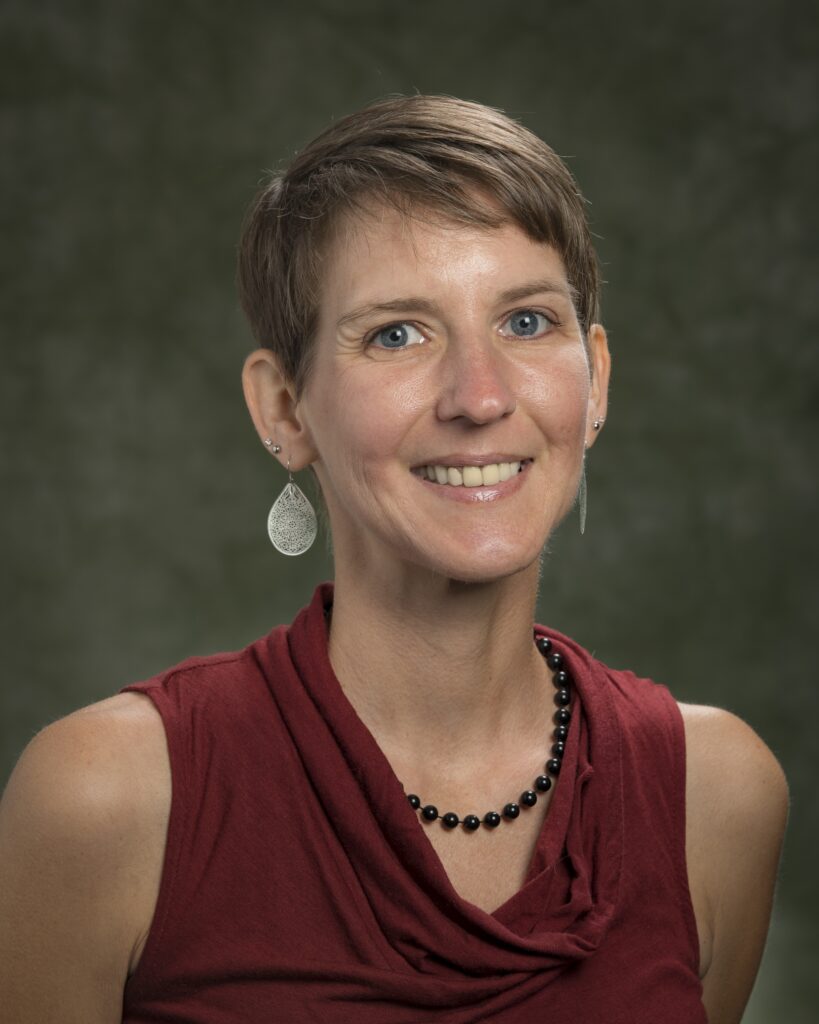 On Binghamton University Week: Failure can be an important learning tool.
On Binghamton University Week: Failure can be an important learning tool.
Amber Simpson, assistant professor in the department of teaching, learning and educational leadership, examines failure in STEM fields.
Amber Simpson is an Assistant Professor of Mathematics Education at Binghamton University. She received her Ph.D. in Curriculum and Instruction in Mathematics Education from Clemson University in 2015. Her central research focus is to increase the number of historically marginalized individuals entering and persisting in pathways toward STEM advanced degrees and careers, including technicians and other middle-skills workers, as well as supporting learners of all ages to reach their potential as STEM citizens. This is accomplished through three lines of research: (1) examine individual’s identity(ies) in one or more STEM disciplines, (2) understanding and advocating for out-of-school learning environments and activities to support the mathematical learning and developmental practices of youth and adolescents and (3) investigating family engagement in and interactions around STEM-related activities.
In addition, Dr. Simpson often offers service-learning courses to involve undergraduate students in the development and implementation of STEM-related making and tinkering programs with youth and/or families. These opportunities have served as a form of professional growth as an informal educator and an informal teacher educator.
Fostering Failure in STEM
Encouraging youth to experiment — and fail — through STEM projects in an informal learning space is a powerful experience. We’ve seen this process and the learning that results from it play out over and over in a variety of settings.
Science, technology, engineering and math present a landscape abundant with opportunities to theorize, experiment, fail and then start the process again, especially as these fields increasingly shape the world around us, both in professional spaces and everyday life.
Makerspaces — collaborative workspaces where people work together on projects using both high-, low-, and no-tech tools — have become increasingly popular in recent years. Right now, we are working to improve makerspace learning for youths and help them find productive support during moments of failure.
To do this, I often work with undergraduate students to develop and implement making workshops and programs within the community. We’ve worked with a local library to develop a project in which we spent one night a week helping youths make remote controls using Makey Makey invention kits that provide hands-on lessons on circuitry and conductivity — and then built video games using an online program that introduced basic coding.
It’s shifting undergraduate students own mindset about failure and what education can look like, But it takes time. It’s really hard for them to start to wrap their heads around the idea that school could actually be like this.
In addition, we are finding that if you can allow youth to express interest in STEM early, and maintain and foster that through the home environment, they’re more likely to enter a STEM field, which is crucial.

Comments
4 responses to “Amber Simpson, Binghamton University – Fostering Failure in STEM”